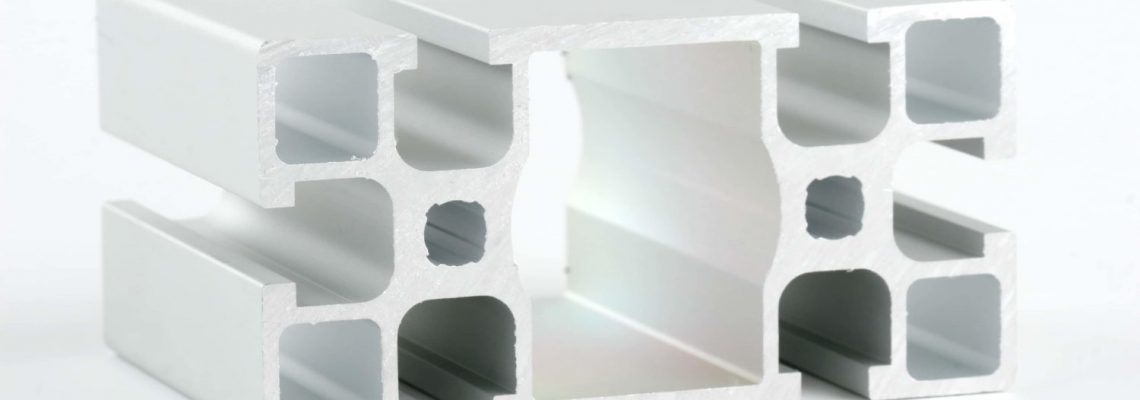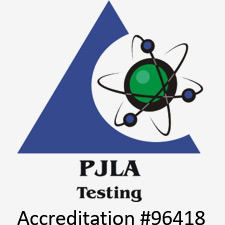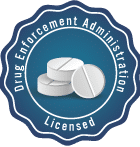From automotive parts, housewares, and apparel to medical devices and electronic devices, polymers are widely used in industrial applications of all types. The use of polymers is an economically attractive choice over metals, wood, and ceramics throughout the industrial field due to their versatility and the wide variety of physical/chemical useful properties that they offer.
By far, polyolefins are the most widely used polymers in industrial applications. This is due to the fact that polyolefins are derived from relatively inexpensive natural gases such as ethylene, propylene, and butene. The high volume of polyolefins in industrial applications is also attributed to the fact they can resist damage from water, air, grease, and most commonly used cleaning solvents. Moreover, polyolefins can easily be molded into products of different shapes, which makes them perfect candidates for a wide variety of applications.
Industrially, polymers are mainly used for seals, profiles (windows and doors), pipes, cables, floor coverings, insulation, hoses, belts, tanks, membranes and a large number of other products. As technology advances, different types of polymers are also applied in aircraft, aerospace, sports equipments, printed circuit board substrates, 3D printing plastics, holography, special apparel (bulletproof vests and fire-resistant jackets), and organic polymer flocculants in water purification.
The goal of this study was to demonstrate the importance of GPC in the analysis of commercially available industrial polymers. Herein, 6 industrial polymers, namely polyvinyl chloride, polystyrene, polyethylene, polypropylene, polybutene, and polyethylene-polypropylene copolymer were analyzed by standardized Gel Permeation Chromatography (GPC), an analytical service offered at Jordi Labs.





